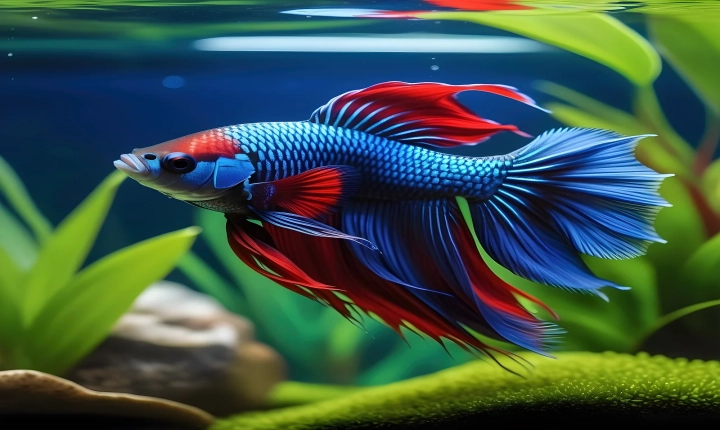OpenAI Plagiarism: An Ethical Dilemma
OpenAI, the leading artificial intelligence research lab, has been at the forefront of developing groundbreaking language models that has the potential to revolutionize various industries. One of their most notable creations is GPT-3 (Generative Pre-trained Transformer 3), which has garnered widespread attention for its ability to produce human-like text.
However, with its remarkable capabilities, GPT-3 has raised concerns about the potential for plagiarism. The accessibility of this powerful language model has prompted discussions about the ethical implications of using AI to generate content that may infringe upon intellectual property rights.
Plagiarism, in its simplest form, is the act of using someone else’s work without proper attribution or permission. In the context of AI, plagiarism becomes a more complex issue. GPT-3 has the ability to generate original-sounding text that closely resembles human writing, making it difficult to discern whether the content is truly original or a result of automated text generation.
The concern over OpenAI’s potential involvement in plagiarism does not center solely around academic or literary content, but encompasses a wide range of industries. From marketing and advertising to journalism and creative writing, the use of GPT-3 has the potential to blur the lines between authentic human-generated content and AI-generated content that may inadvertently plagiarize existing works.
This poses a considerable challenge for content creators and platforms that rely on the integrity of original, unique content. The question arises: should AI-generated content be held to the same standards of attribution and originality as content created by human authors?
OpenAI has emphasized the importance of responsible and ethical use of their technology, providing guidelines and tools to help mitigate potential misuse. They have also stressed the importance of ensuring that AI-generated content is clearly labeled to distinguish it from human-generated content.
Nonetheless, the responsibility does not solely lie with OpenAI. Content creators, businesses, and individuals who use AI-generated text have a responsibility to adhere to ethical standards and ensure that they are not involved in plagiarism or infringement of intellectual property.
The implications of AI-generated plagiarism extend beyond legal and ethical considerations. It also raises questions about the value of creativity and original thought in a world where machines can replicate human language with astonishing accuracy. As AI continues to advance, it becomes imperative to reevaluate our understanding of creativity, authorship, and intellectual property in the digital age.
While the potential for AI to contribute to plagiarism is a cause for concern, it also presents an opportunity to reexamine how we define and protect originality in the age of technology. As AI continues to evolve and permeate various aspects of society, the conversation around AI-generated plagiarism will undoubtedly remain a subject of ongoing debate and scrutiny. It is essential for all stakeholders to actively engage in this discourse and work towards responsible and ethical use of AI technology to uphold the integrity of original creative work.
